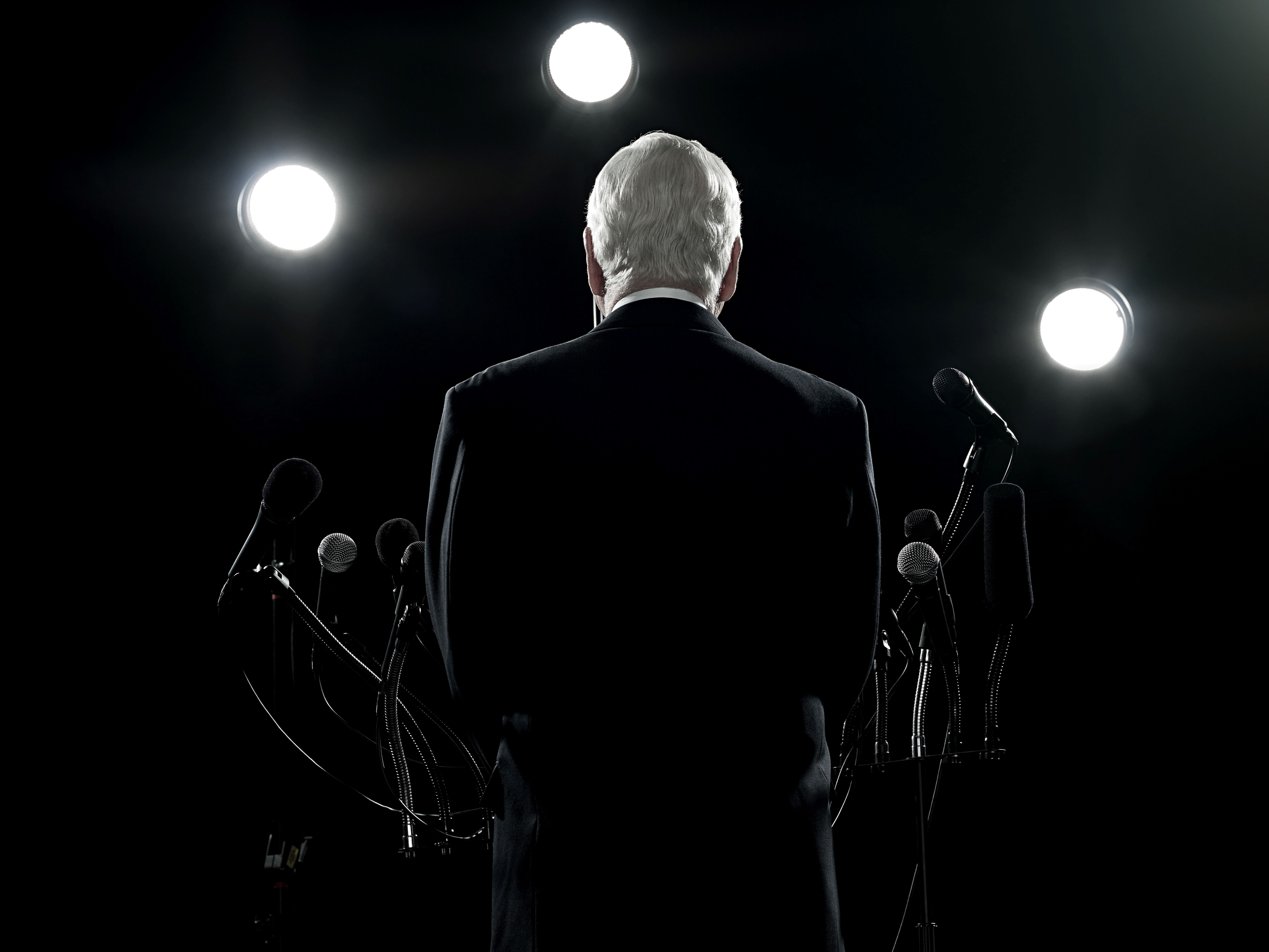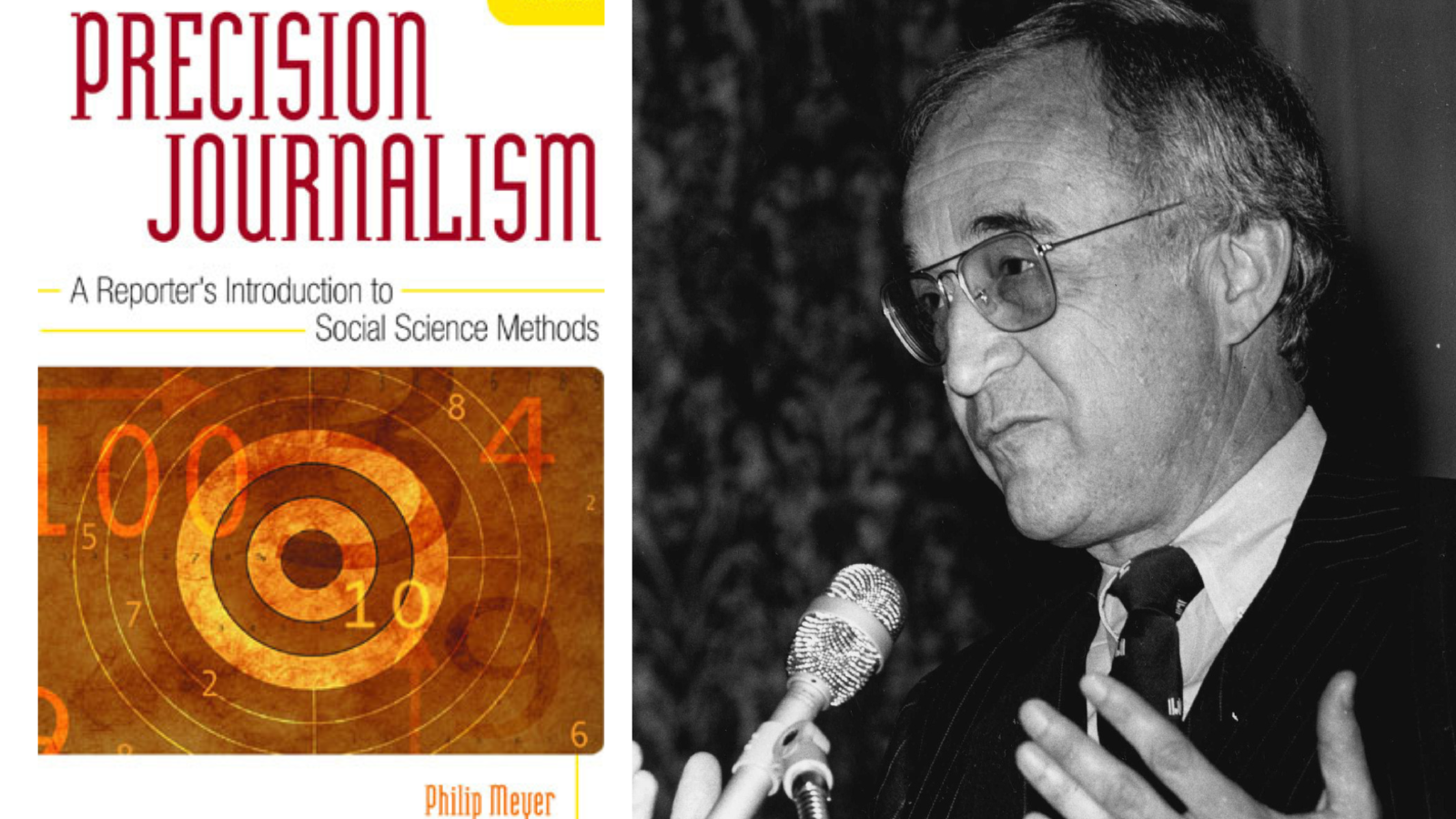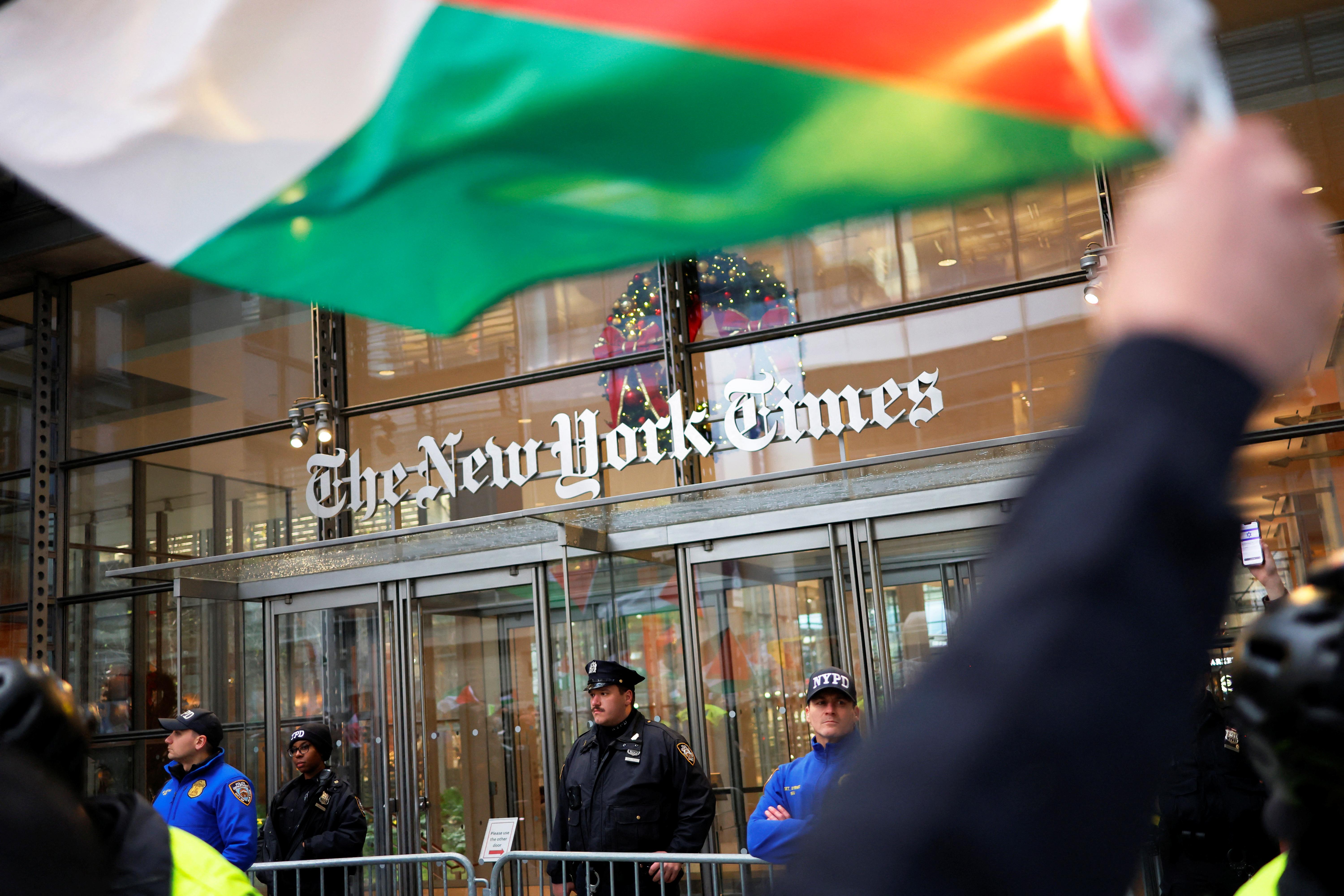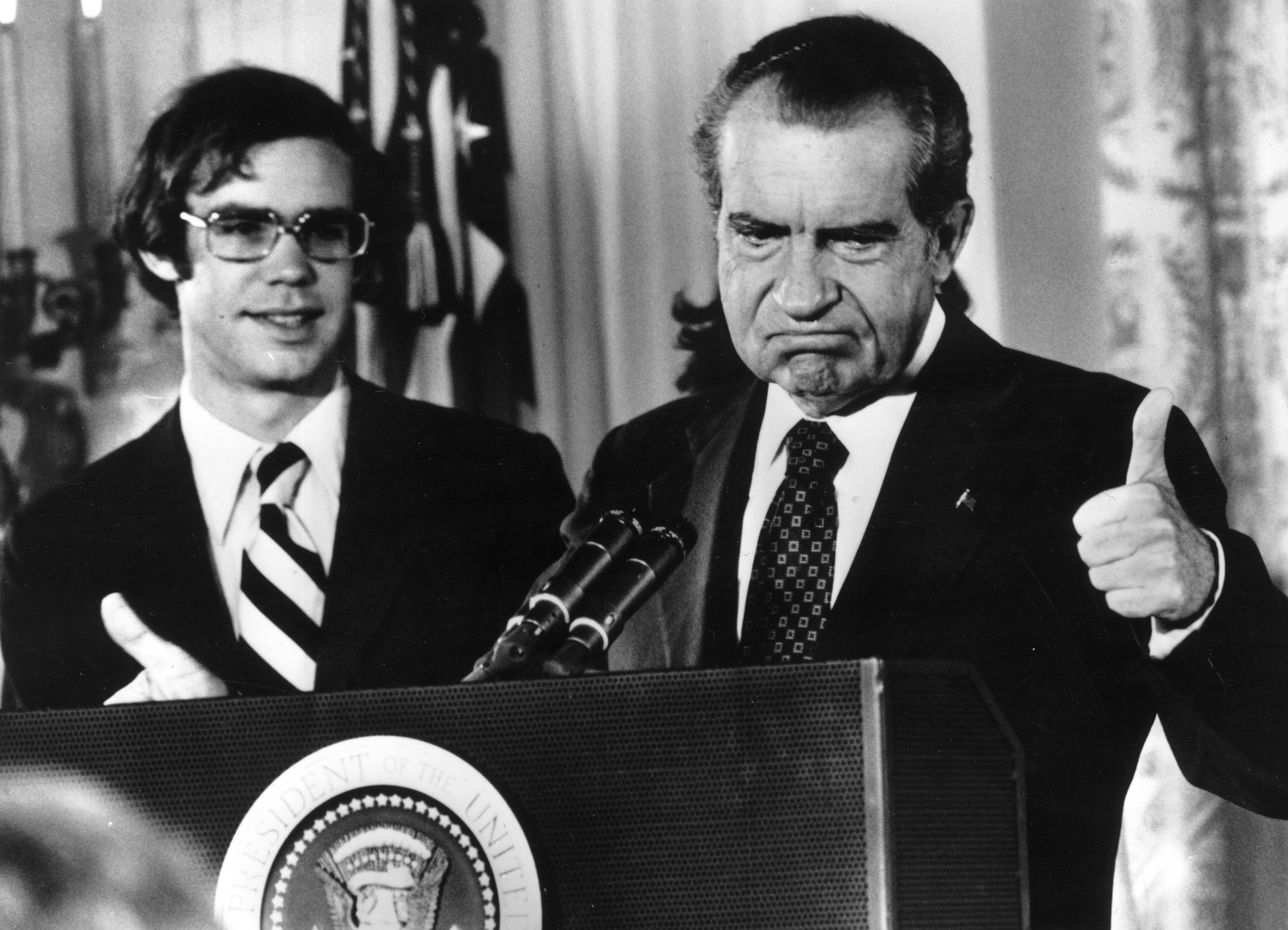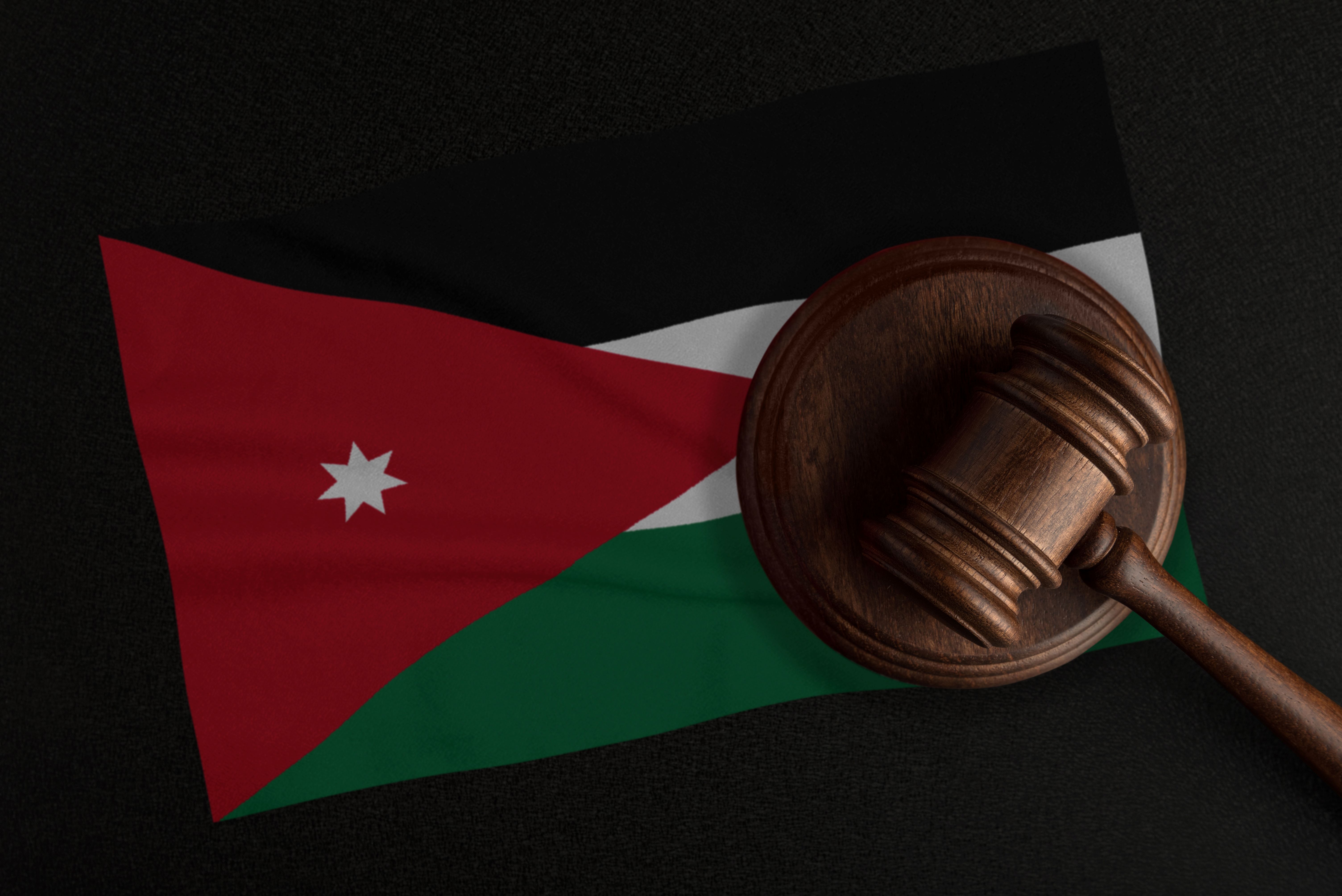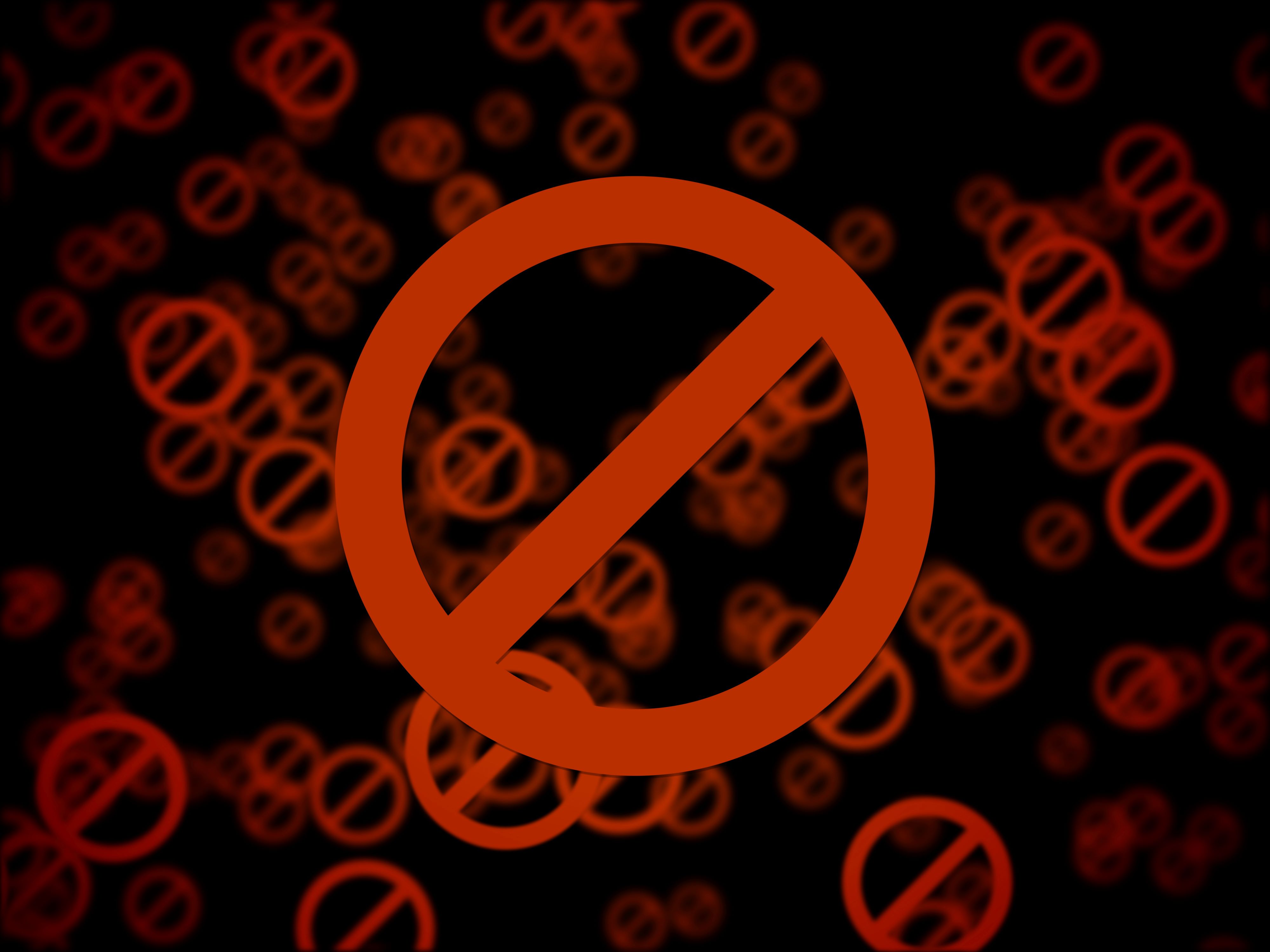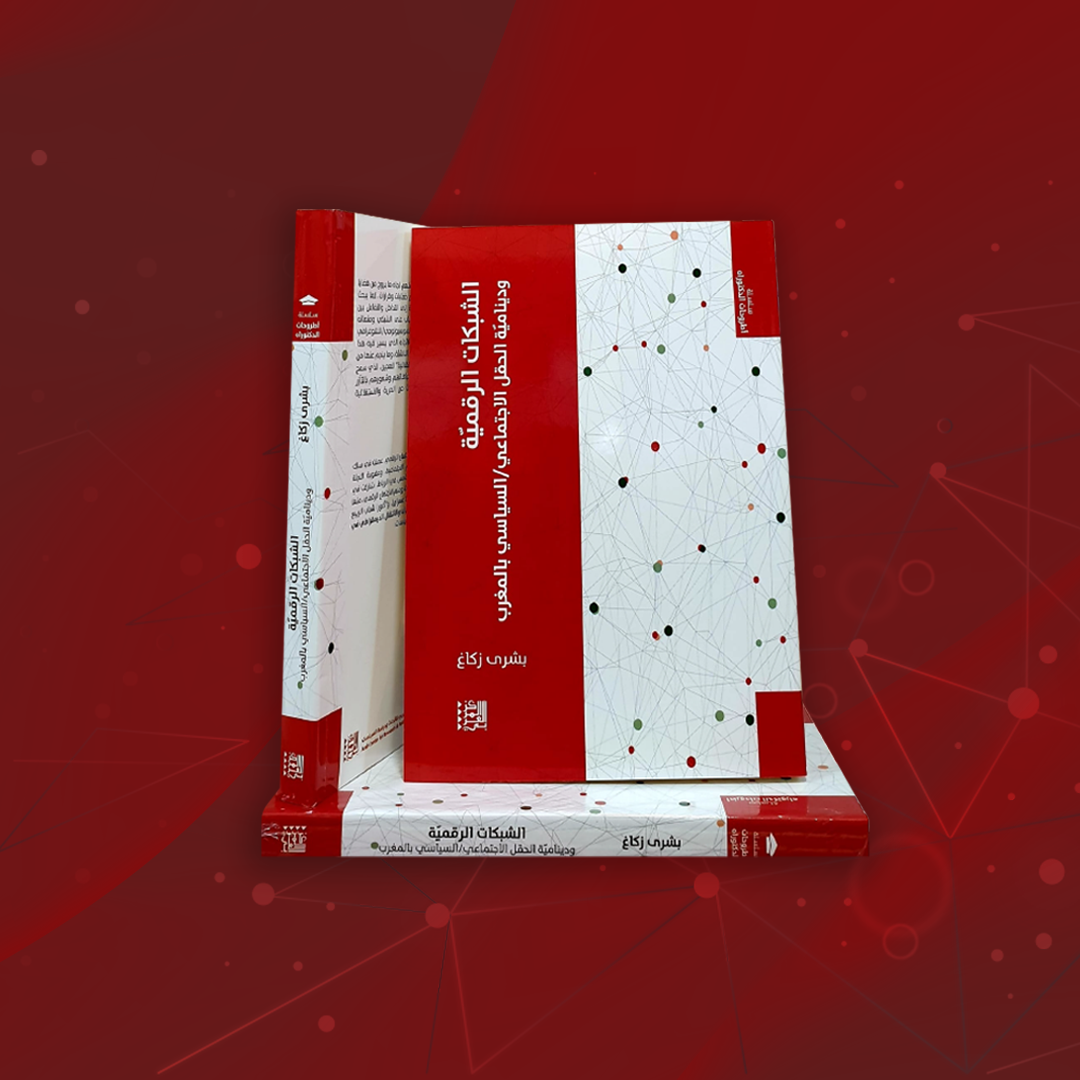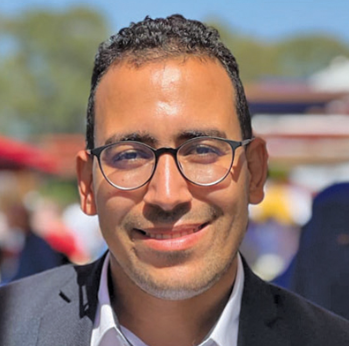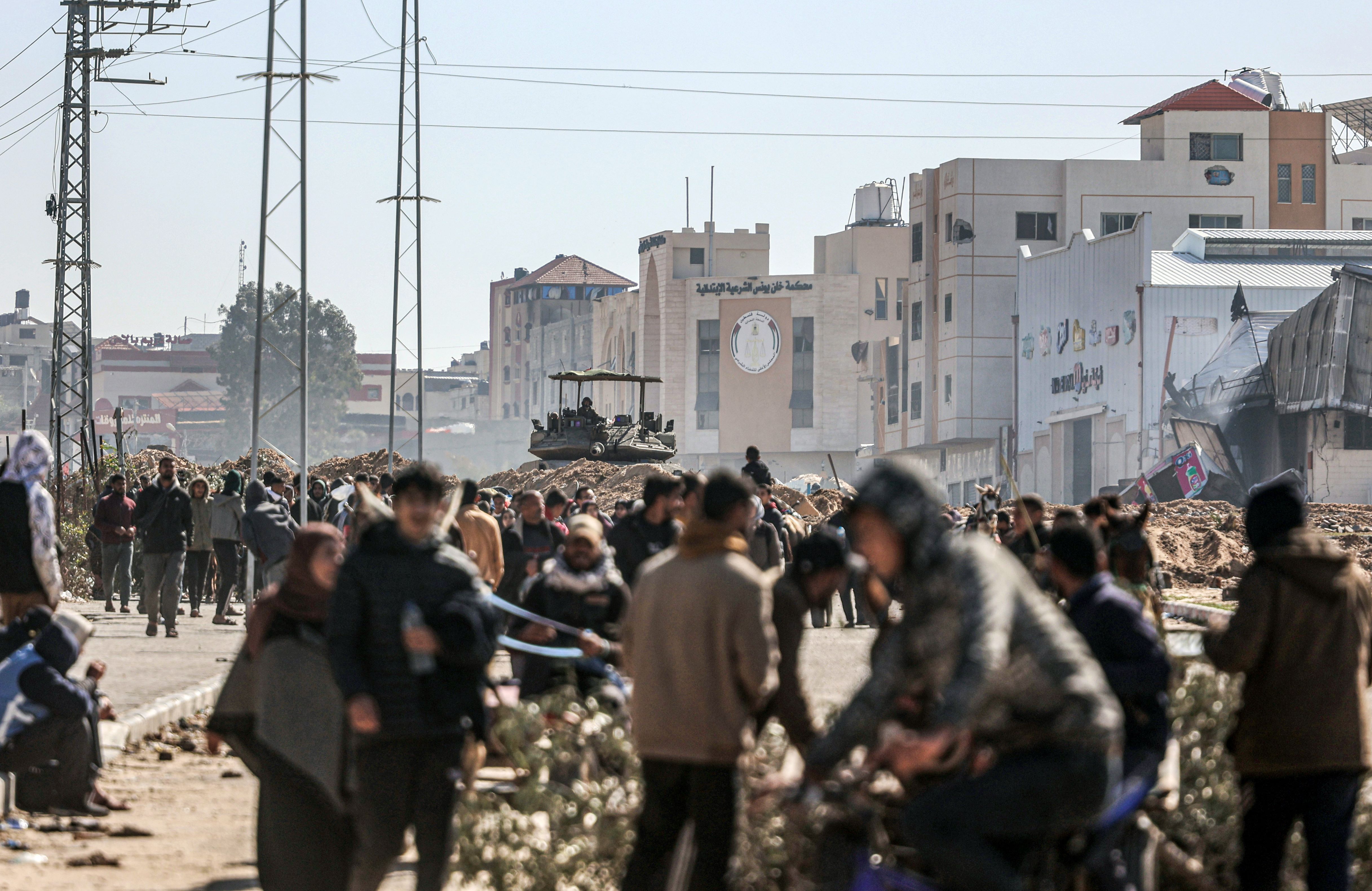Journalists must be mindful of the language they use when reporting on conflicts such as the one in Palestine. Words hold immense power and can be used as weapons, so it is important to avoid using terminology that may further one side's propaganda. This article underscores the responsibility of journalists to uphold the truth and maintain objectivity in their reporting, particularly in conflict zones where narratives can be easily manipulated.
At the age of twenty-five, I was adamant about avoiding ever setting foot in Palestine. I was aware that going there would forever alter my perspective on the conflict, transforming it from a distant dispute into a personal one. Nevertheless, when I was offered a chance to travel there as a journalist, I seized it immediately, fully aware of the inevitable shift that was about to take place.
Once you have been close, you understand why the conflict in Palestine stands apart from other conflicts around the world. It’s not just the sheer scale — conflicts like Rwanda have seen casualties approaching a million— nor is it solely the cruelty or massacres, which are sadly prevalent in many wars. What truly sets the issue of Palestine apart is the huge power disparity between the warring parties, and above all, the sense of hopelessness, if not the outright futility at times, considering the imbalance between an occupying power, and an occupied population deprived of many decades of the right of freedom and self-determination.
Where military strength is no longer the main factor to determine success, the battleground shifts to the realm of narratives.... recognizing the power of every word as a weapon, journalists must be extra cautious not to become part to this war, furthering either party’s propaganda by adopting their terminology.
Narrative Warfare: The Media's Role on the Modern Battlefield
Facing Israel's formidable military machine, Palestinians recognize that armed struggle alone cannot secure victory and cannot end the occupation. Yet, Israel seems to choose not to pursue a definitive military triumph, for it lacks a clear strategy for the day-after. Annexing the occupied territories is simply unfeasible as long as they are populated by Palestinians. On the other hand, rather than seeking complete victory, Israel’s strategy is to perpetuate its war against Palestine, until it creates a reality on the ground where a Palestinian entity is untenable.
In this context, where military strength is no longer the main factor to determine success, the battleground shifts to the realm of narratives. The press emerges as a decisive theatre of war, with journalists assuming the role of soldiers who shape and propagate the narrative, determining victories and losses.
This is a terrible responsibility, as discerning the truth proves increasingly challenging, especially when first-hand reporting from the frontlines is inaccessible. Besides, every single detail in such a landscape can be exploited by one side or the other and distorted to further their narratives, often divorced from its context. Nevertheless, recognizing the power of every word as a weapon, journalists must be extra cautious not to become part of this war, furthering either party’s propaganda by adopting their terminology.
Using the term to describe a group, rather than a specific act, serves no purpose other than to express moral reprobation to one side in the conflict- which typically falls outside the task of a journalist.
The Reality of Words as Weapons in Conflict
Let’s begin with the word "terrorist" — arguably one of the most contentious labels, yet also one of the most commonly used to delegitimize any adversary. Such is its potency that a few years ago, Reuters issued a guideline advising against labeling any group or individual as "terrorist", except in quotes attributed to a source. This is a sensible editorial decision. There are of course actions that reasonably fit the definition of terrorism, as given by the 19th-century militants who coined the term to describe their methods: targeting civilians to instil widespread fear, disrupt normal life, and compel those in power to capitulate or make concessions. It is a method adopted by groups that lack the means to establish well-armed militia or access heavy weaponry.
Thus, categorizing an organization as "terrorist" is no more meaningful than labelling a state as a "cannon user" or "tank driver" — the choice of method is a matter of practicality and tactics, irrespective of the ideology. Terrorism tactics have been used by very different organizations, spanning nationalist, right-wing and left-wing ideologies. Examples are plenty, from the failed attempts by groups such as the Irish IRA, the Spanish ETA or the German RAF, to the successful ones, whose members eventually became statesmen, like the anti-colonial struggles in Algeria or Kenya, or within the Zionist groups fighting for the establishment of Israel, like Irgun, whose leader, Menachem Begin, later became Israel's prime minister.
The word "terrorist" — arguably one of the most contentious labels, yet also one of the most commonly used to delegitimize any adversary. Such is its potency that a few years ago, Reuters itself issued a guideline advising against labeling any group or individual as "terrorist", except in quotes attributed to a source.
Labelling Hamas as a "terrorist" group adds little to the informative value of a news piece. In fact, it is even outright erroneous in the case of Hizbullah, which has never claimed responsibility for terrorist acts; and who is routinely blamed for attacks that happened primarily in the 1990s. Using the term to describe a group, rather than a specific act, serves no purpose other than to express moral reprobation to one side in the conflict- which typically falls outside the task of a journalist.
Moreover, acts of terror can be committed not only by a militia or an underground group, but also by public officials and the military itself. Israel arguably comes closest to not only employing terror tactics, as many nations have done, but also to officially acknowledging them as such. High-ranking ministers have openly asserted recently that scaring the civil population is a strategic aim of its war in Gaza.
Navigating the Semantic Minefield: The Journalist's Role in Choosing Terminologies
Using the word “terrorist” to label one side rather than the other in a conflict is usually intended to show who is right and who is wrong, but more often than not, it is merely a reflection of the terminology the journalists encounter in their sources — be it interviews, official documents, or other media— and is reproduced mechanically. A decade ago, it was common to read news about "terrorist attacks" involving rockets launched against US military bases in Iraq. However, launching a rocket against a military base does not constitute terrorism; it is simply plain old guerrilla warfare, or just warfare. Civilians have the right not to be targeted with rockets and understandably get terrified when such an attack happens. On the other hand, soldiers must anticipate being targeted, and if they get terrified, they may not be fit for the job.
In the battlefield, some enemies are killed while others are taken prisoners- a lawful act in war. We can accurately say "captured", but not "kidnapped", a term reserved to describe a crime committed against civilians.
Nevertheless, the expression "terrorist attack against an army base" was widely used even in the Spanish press, where there was little sympathy among both readers and journalists toward the American occupation of Iraq. It appears that writers in newsrooms simply copied the headlines from the US media, without critically evaluating their accuracy. More recently, the drone attack against a US Army base at the border between Syria and Jordan on January 28th, which resulted in the death of three soldiers, was described in several media outlets as a "terrorist attack", including Spanish media outlets that claim to maintain a staunch neutral position. Perhaps in some cases, —as seen in a tweet by the Jordanian Petra News Agency— the news writer failed to include the quotation marks when stating that several Arab countries, such as Jordan, Egypt or Saudi Arabia, had condemned the attack as terrorism. If the journalist included these marks, it would be clear that it is the aforementioned countries labelled the attack as such. However, when omitted, it implies an editorial position, although the act itself is not terrorism, it’s warfare.
Furthermore, the Spanish media committed a second mistake by referring to the "murder" of the three US soldiers. This is a very common error in the Spanish press, where the English word "killing" is routinely translated as "murder", although the difference should be clear to anyone: murder is always a criminal act, whereas killing may not be, particularly in the context of war.
However, flawed translations are not the only factor. It is also common to read about the "kidnapping" of military personnel, with the Israeli soldier Gilad Shalit perhaps the most well-known example. But this terminology is incorrect. On the battlefield, some enemies are killed while others are taken prisoner- a lawful act in war. We can accurately say "captured", but not "kidnapped", a term reserved to describe a crime committed against civilians. Using such language suggests that the entire resistance movement in Gaza is merely an activity of criminal gangs and lawlessness, which is absurd, taking into account that the Israeli army asserts the right to use heavy weaponry against civilians due to being at war. No one would legitimize dispatching an airplane to bomb an entire neighbourhood simply because a mafia family lives there.
Nowadays too many news writers limit themselves to merely reproducing official statements, allowing the terminology of these statements to shape the narrative.
The phrase "kidnapped soldier" often used by journalists may not be an intentional portrayal of Middle Eastern conflict as a battle between criminal gangs and law enforcement, but rather a result of repeating the language of their sources, such as the US media, which reflects the vernacular of American or Israeli official statements. While factual information, such as casualty figures, from these sources, are usable as the information from Hamas spokesmen also are, journalists should be cautious not to uncritically adopt their phrasing and terminology. For example, when reporting on Israel, terms like "Zionist entity" should only be used when directly quoting a source and should be clearly indicated with quotation marks to attribute the political perspective to the speaker, whether that's a Pentagon official or a guerrilla fighter. It's critical to distinguish between the source's language and the journalist's own narrative to maintain objectivity and accuracy.
Beyond the Front Lines: Upholding Truth in the Face of Propaganda
As journalists we must possess the courage to acknowledge that there is a reality that we can observe and describe using our own words, assuming the responsibility to do so. Nowadays too many news writers limit themselves to merely reproducing official statements, allowing the terminology of these statements to shape the narrative. But even when access to information is confined to the data found in official statements, we must always retain the freedom and responsibility to distinguish between the data we attribute to an official source and the language we choose to convey it in.
As journalists, it is our duty to uphold the truth, starting with the language we employ, for words are indeed weapons, and we must never allow them to distort reality.
The danger of unwittingly participating in a propaganda war by not carefully examining the words we use is most evident in Palestine today, but it occurs elsewhere in the world. For instance, it is still common in left-leaning Spanish media, but also in the Spanish-language version of the Chinese agency Xinhua, to see headlines talking about the US “blockade” of Cuba. While this is the terminology favoured by Cuban authorities, it blurs the difference between a blockade and an embargo. A blockade is a wartime measure actively impeding shipments from reaching a specific territory — exactly what Israel has been doing in Gaza for many years. The consequences are well-documented: any ship trying to approach the shores of Gaza will be shot at and its passengers and crew risk getting killed and arrested, as tragically happened in 2010 with the Mavi Marmara. In contrast, Cuba enjoys regular maritime traffic and frequent passenger flights, without any danger for their occupants. What is hindered in Cuba is commerce, since companies have to choose between doing business either with Cuba or with the United States- a situation known as an embargo.
While we may rightly think that this embargo is unjust and even cruel, it is still important to recognize that wrongly labelling it as a “blockade” risks equating the situations in Cuba and Gaza, suggesting a level of political ignorance since the two cases are only remotely comparable. Such ignorance partly explains how Israeli propagandists can propagate the notion that it is the Palestinians’ fault if Gaza has not transformed into a second Singapore- a misleading narrative frequently encountered in some opinion columns in US or European media. Such rhetoric is so detached from any reality that we can only conclude that, at times, there is hardly any connection between the narrative conveyed by official sources and the reality on the ground. As journalists, it is our duty to uphold the truth, starting with the language we employ, for words are indeed weapons, and we must never allow them to distort reality.
